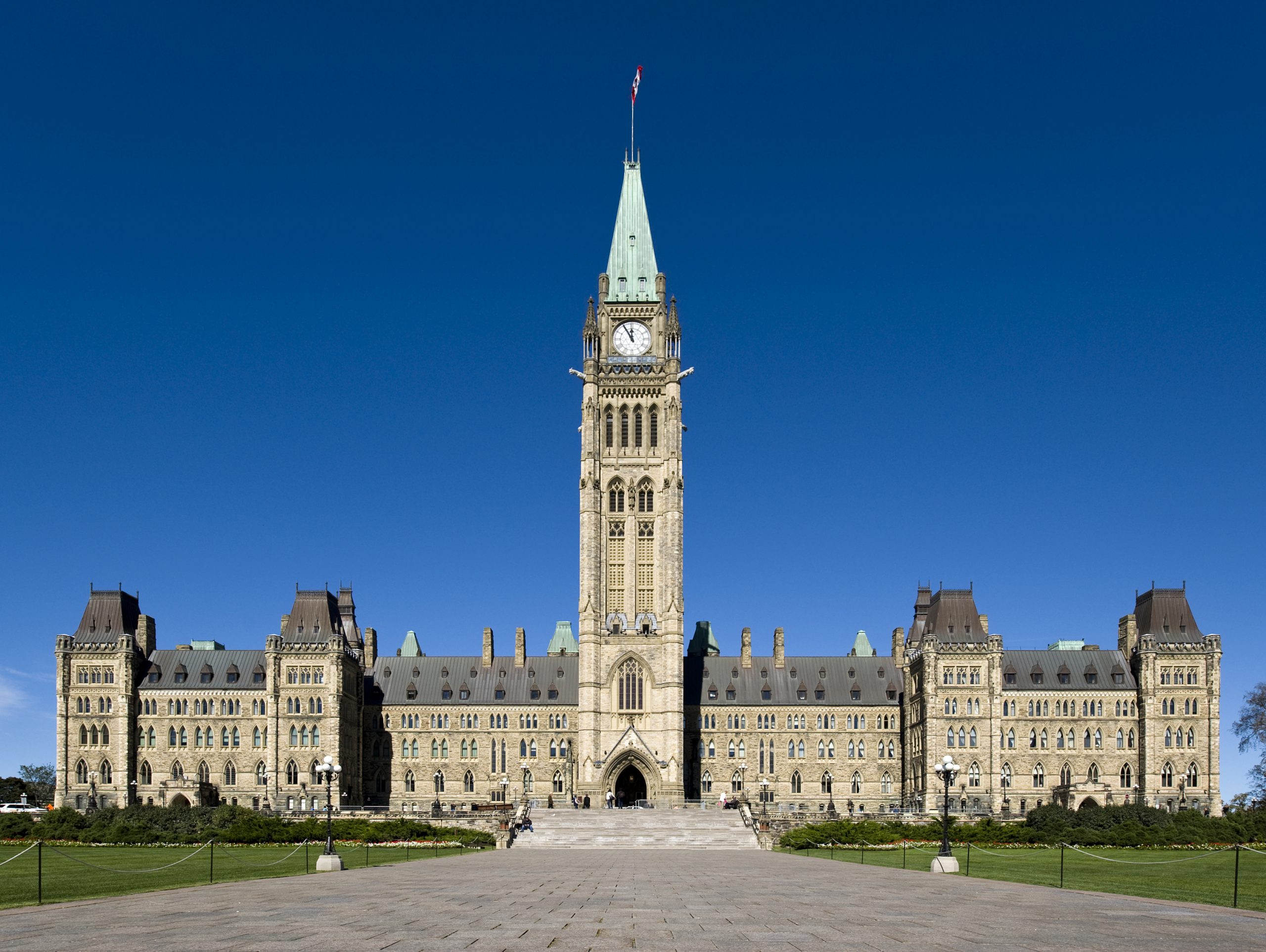An NDP MP says she has mixed feelings after her motion to give Canadians more of a say on the electoral system was defeated yesterday.
Nanaimo-Ladysmith MP Lisa Marie Barron’s motion was defeated after 218 MPs voted against her motion to ‘give Canadians the tools they need to provide key recommendations to the government on how to strengthen Canada’s democracy.’
Barron says she has mixed emotions over the vote, especially because of the push being put on the government to make changes.
“There is such an immense push from Canadians across the country to make this happen,” she says. “We have even seen Liberal members themselves pass a resolution during their most recent convention to have a similar motion to be passed.
“Despite all that the government, and opposition, did not vote in favor of this.”
Support did reign from all the parties for a motion on electoral reform, and Barron says even though support was minimal it shows how important an issue it is to make changes to a 157-year-old electoral system.
“Members from the Green Party, Bloc Quebecois, and the NDP all supported the motion,” she says. “Even 40 Liberals and three Conservatives supported the motion.
“Perhaps there is some internal conflict on how to best move forward, as well as a sign of optimism.”
NDP leader Jagmeet Singh says he supports Barron’s efforts to bring this motion to the table and changing the outdated system is critical for making each vote count.
“We need to change our system,” Singh says. “We believe in changing it so people realize their vote matters and they can see the benefit of voting and have it reflected in the outcome.
“It’s clear neither the government nor opposition, are going to support it.”
Singh adds the idea of electoral reform is to be representative of the population and would make it more difficult for any party to form either a minority or majority government.
“It would mean neither a government couldn’t be formed because a party never gets more than 40 per cent of the vote,” he says. “I think that is a good check-in balance of their power that would ensure people feel their voice matters.”
According to Simon Fraser University, no political party in Canada has won more than 40 per cent of the popular vote since the Liberals won in the 2000 election. This left 60 per cent of Canada voting for other parties and Singh says ‘that is not democracy.’
The current election system utilizes a ‘first past the post’ ideology which says the party with the majority of 338 seats on Parliament Hill will form government.






